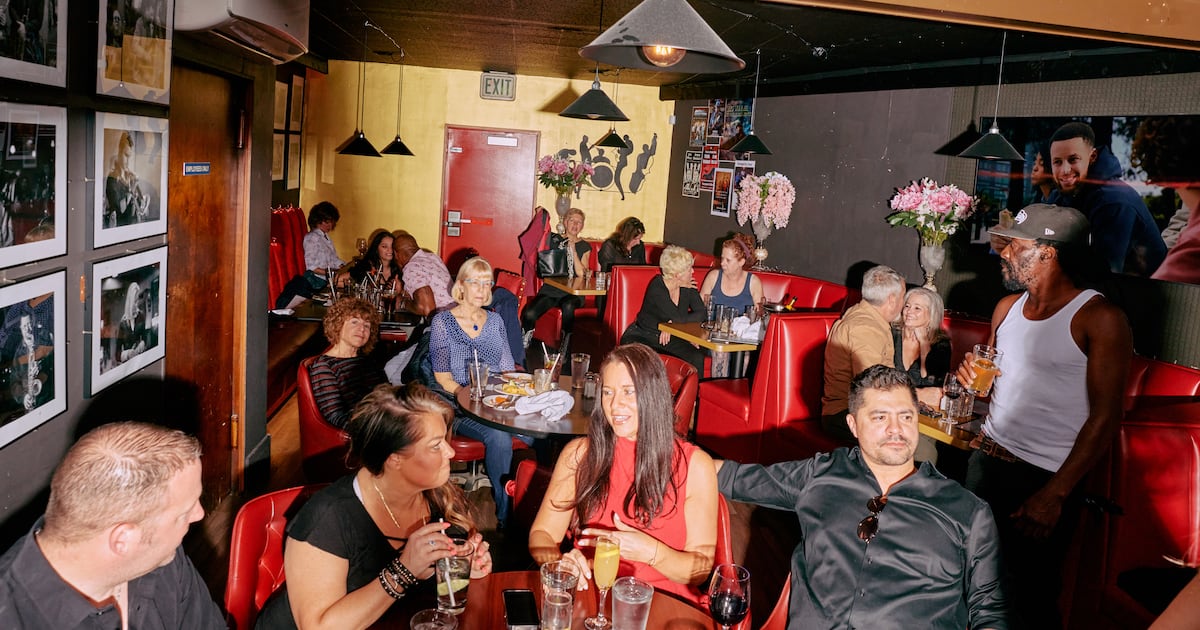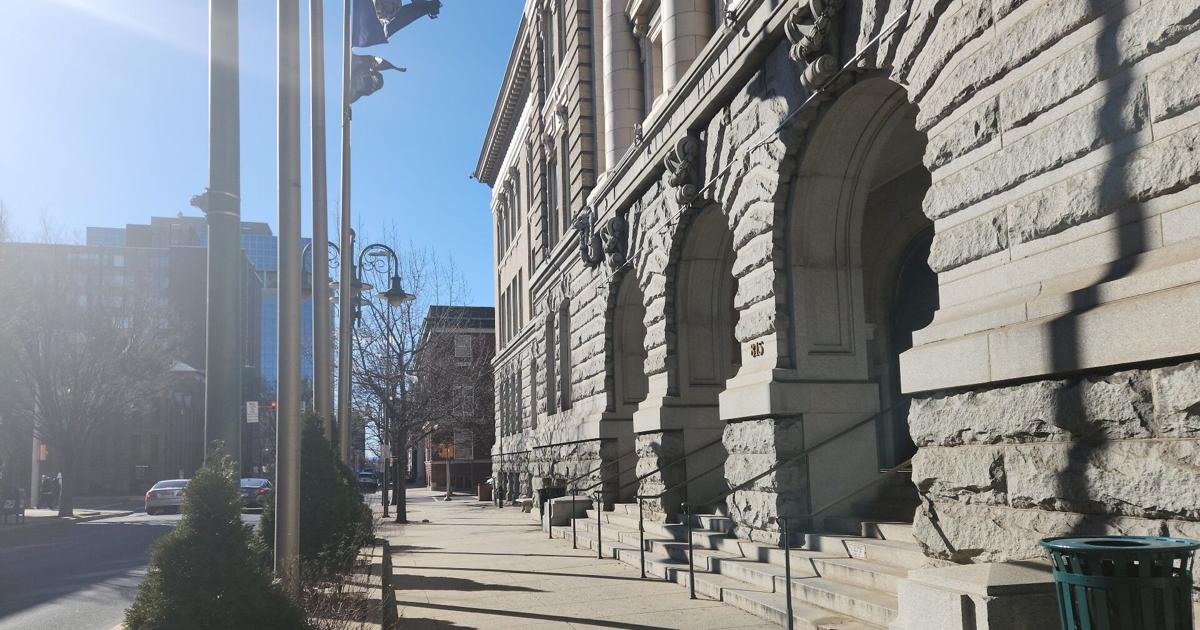Everything was better when you were young, in no small part because you were young. Certainly the comments were better when people got to talking about when they were young. Last week, WW published a dictionary of Old Portland mainstays and landmarks ordered A to Z (“The New Portlander’s Guide to Old Portland,” April 17). Other than some pushback about whether carbonated beverages were called “pop” or “soda,” and some halfhearted “Portland is a shithole” ranting on Elon Musk’s creepo-site, the replies were unusually wholesome. Let’s do this again sometime.
Hailey Bachrach, via Twitter: “The fact that the span of ‘Old Portland’ is more or less exactly my childhood is probably why this list made me really weirdly emotional.”
Tom Mcroy, via Facebook: “A should be for Acropolis. That place is straight out of a Tarantino movie. Portland is still pretty gritty, tho.”
sweenforspeed, via Instagram: “J shoulda gone to Jim Spagg.”
Alfredo Moreno, via wweek.com: “K would’ve also accepted the late great Kirk Reeves (aka “Working” Kirk Reeves), the Mickey Mouse-capped, white-suited street trumpeter who was a fixture by the Hawthorne Bridge around the turn of the 2010s.”
Lucky Linda, via wweek.com: “R is for redolence of Blitz-Weinhard brewing right in downtown Portland from April 1, 1856, until September 1, 1999.”
julian.sierra.robinson, via Instagram: “Who here been to Macheezmo Mouse say heyyyy.”
Marci L. Siaw: “I already disagree with the timeline. Gen X was still growing up in ‘Old Portland’; it died by 2003 at minimum. Just my opinion, but I did help sell bricks for the building of Pioneer Square and my family has one down there.
“For me Old Portland not only died, but was buried with the creation of the Pearl District.”
The Young Hegelian, via Twitter: “You want old Portland back? Sell your house for old Portland prices.”
Limp Bisquette, via Reddit: “I first saw Elvis performing on the little traffic island in front of Powell’s as I sat in Rocco’s Pizza, downing my usual lunch (special slice of the day + ~3 PBRs). I made sure to snap a 320-by-240-pixel image on my flip phone. Probably uploaded it to Flickr later, lol. I remember thinking, ‘Ooh, I gotta hear this guy on the way back to the office!’ Well, I did take a listen, and it didn’t, uh, sound much like Elvis Presley. But he had the passion, the conviction to get out there and perform. So that was pretty cool.”
OLD PORTLAND BY THE BOOK
Nice work on “The Newcomer’s Guide to Old Portland.” It was cute. What it wasn’t was a well-researched account of many of the foundational elements that gave rise to modern Portland during that era. You’ll find those in my new book, Portland Renaissance: When Creativity Redefined a City. It’s filled with stories that Portlanders from any era can be proud of. Things like the restaurants that turned Portland into a dining destination. Or the brew pubs that launched Beervana. Or how about the TV commercials that revolutionized the advertising industry. Or the rise of the sneaker capital of the world. Or the transformation of a scary warehouse neighborhood into the nationally envied Pearl District. Those and more are the real stories of Old Portland, all told by those who were there, not through “a spirited newsroom debate.” But hey, you got jojos. Congrats.
Barry Locke
Southwest Portland
Letters to the editor must include the author’s street address and phone number for verification. Letters must be 250 or fewer words. Submit to: P.O. Box 10770, Portland, OR 97296 Email: mzusman@wweek.com
Adblock test (Why?)





 I received an MLIS and became a middle school librarian 20 years ago. Our school board recently expressed no confidence in librarians and teachers to make book selection decisions. I spoke before the school board about this, and my principal reprimanded me. I may resign at the end of the school year.
I received an MLIS and became a middle school librarian 20 years ago. Our school board recently expressed no confidence in librarians and teachers to make book selection decisions. I spoke before the school board about this, and my principal reprimanded me. I may resign at the end of the school year.